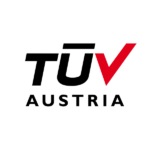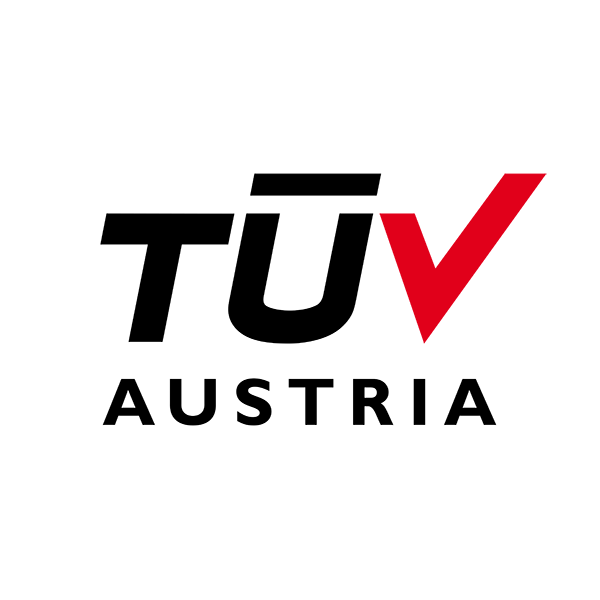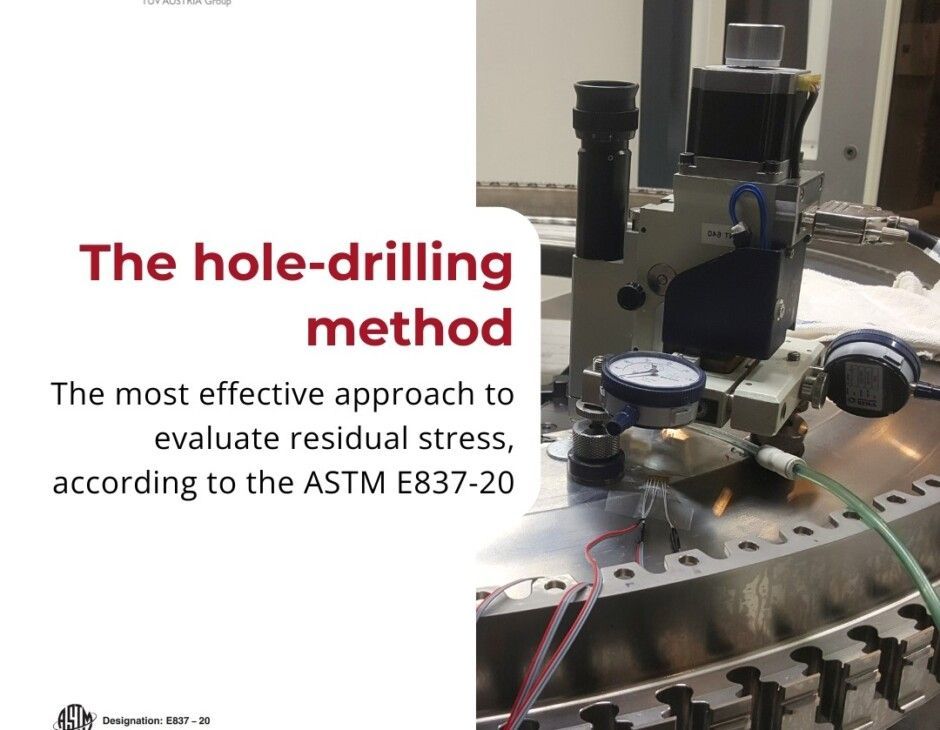
SINT Technology
Hole-drilling-method
Non-destructive mechanical method for residual stress analysis
SINT Technology, a member of TÜV AUSTRIA Group, uses the non-destructive mechanical method for residual stress analysis.
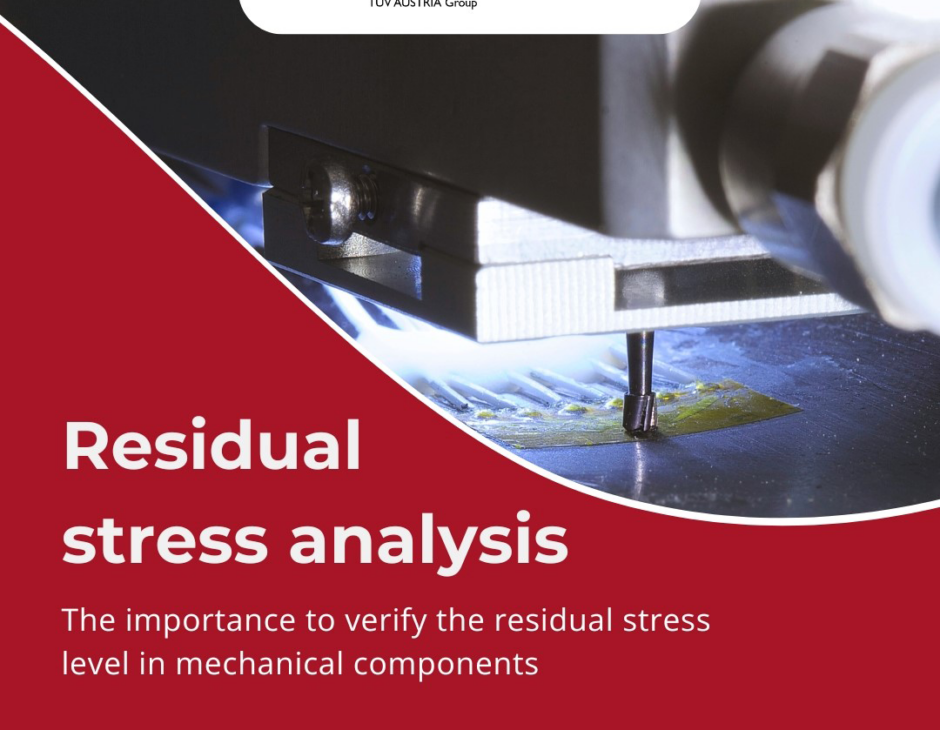
SINT Technology
Residual stress analysis in mechanical components
With state-of-the-art measurement technology
SINT Technology, a member of TÜV AUSTRIA Group, uses state-of-the-art measurement technology to test the residual stress level in mechanical components.
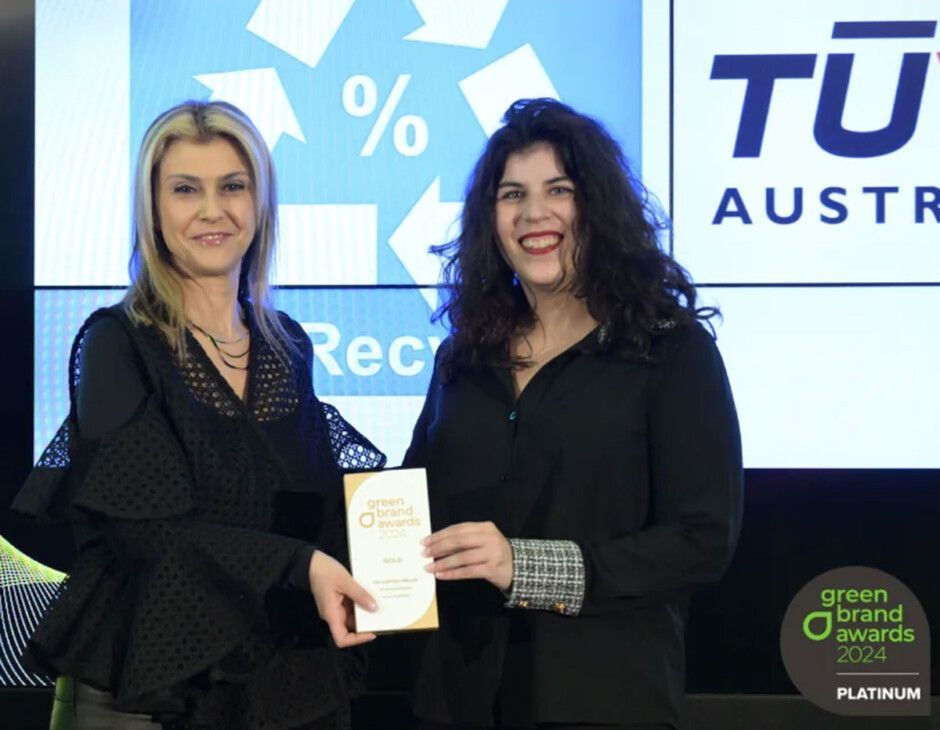
Sustainability
TÜV AUSTRIA Hellas honoured at the Green Brand Awards 2024:
Gold and silver award for commitment to sustainability
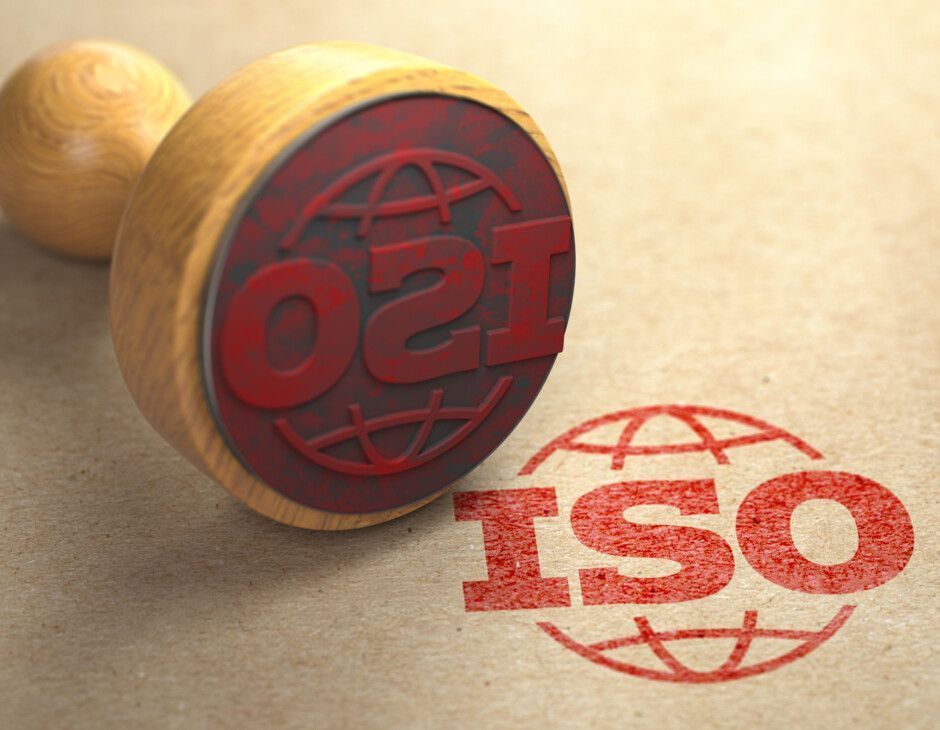
FAQ
New ISO requirement:
Climate change will be included in all management system standards
On 22 February 2024, IAF and the International Organization for Standardization (ISO) published a joint communiqué to highlight the publication of Climate Action Amendments to new and existing ISO management systems standards, in support of the ISO London Declaration. The intent is to ensure that Climate Change issues are considered by the organization in the context of the effectiveness of the management system, in addition to all other issues. TÜV AUSTRIA has summarized FAQ about the new regulations.
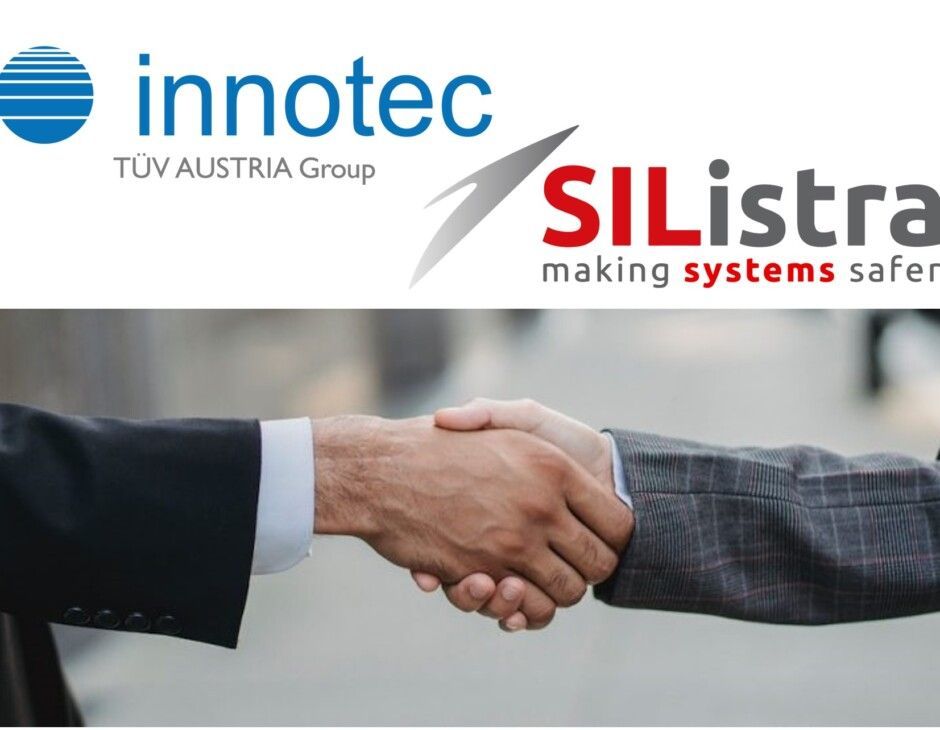
Cooperation
SIListra Systems and innotec Partner to Improve Functional Safety
Revolutionizing Functional Safety with Hardware Independent Safety
SIListra Systems GmbH, a highly specialized software company, and innotec GmbH, a consulting company specialized in Functional Safety, announced their strategic partnership to improve the safety development of embedded systems. The collaboration brings together SIListra’s cutting-edge software tool, the certified SIListra Safety Transformer, and innotec expertise in functional safety solutions, aiming for a holistic approach to functional safety.

OK Recycled
Recognizing the growing importance of environmental sustainability:
TÜV AUSTRIA Iberia obtains accreditation to certify recycled plastic products (EN 15343)

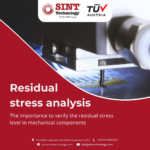

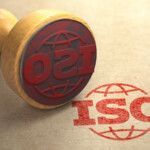


Do you need support?
tami is your digital enabler and helps you with your concerns.
tami is your TÜV AUSTRIA pathfinder for your company in the digitalised market landscape. In Austria and around the world – hosted in Austria. tami shows you the way – even when searching our website. Ask’ tami@tuv.at
´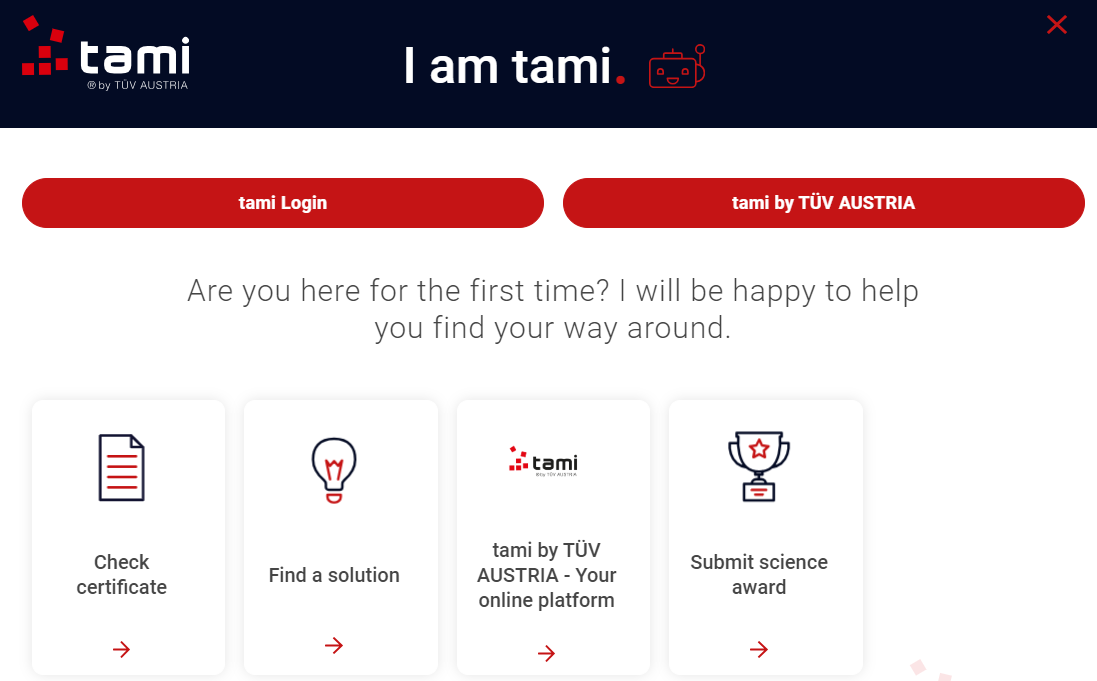
Our services
convince
Learn more about our solutions -
Audit & Certification TÜV AUSTRIA certifies management systems, people and products.
Discover -
Guidance The TÜV AUSTRIA experts will be happy to advise you on the topic of “safety”.
Discover -
Testing & Inspection TÜV AUSTRIA acts as an independent testing and inspection company.
Discover -
Training The TÜV AUSTRIA Academy offers more than 2,400 practical courses for every continuing education goal.
Discover
Reasons why you can trust us
-
1 %
highly satisfied customers
-
1 t
CO2 savings in Austria
-
+ 1
tests & inspections carried out annually in Austria
-
1
languages are spoken internally at TÜV AUSTRIA
